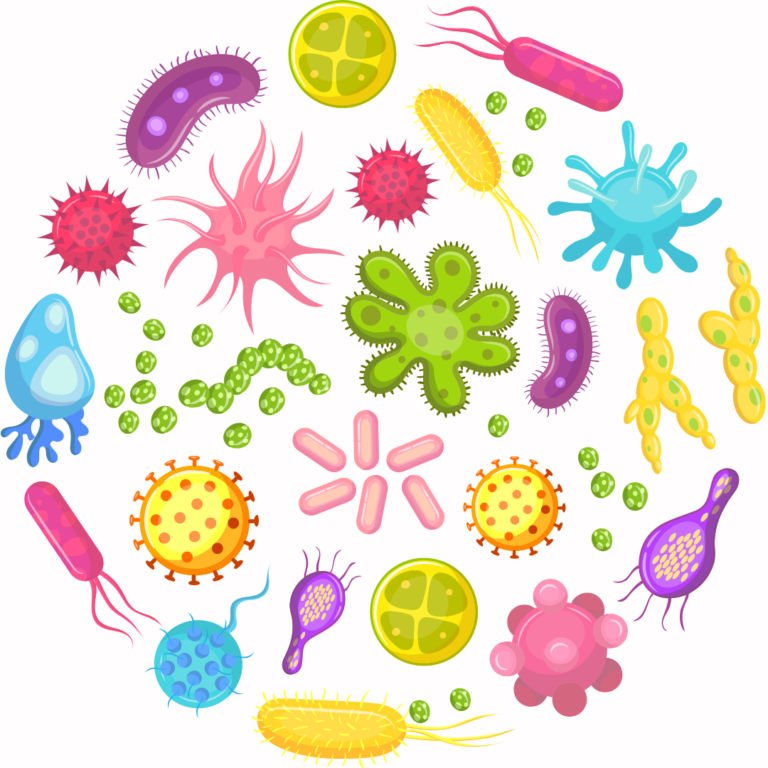As we journey through life, our bodies often send us messages – feelings of discomfort, nudges of unease, and sometimes, loud cries for help. Today, I want to shine a light on a topic that affects so many of us: gut health.

You have probably heard our gut being referred to as the “second brain” of the body. It’s a miraculous ecosystem of trillions of bacteria, neurons, and immune cells working in harmony to support our overall health and well-being. But when this delicate balance is disrupted, it can wreak havoc on our physical, emotional, and mental health.
Gut health also plays a significant role in female health, influencing various aspects of reproductive, hormonal, and overall well-being.
Here are some common symptoms that may signal an imbalance in gut health and explore how they can impact our bodies:

If you are dealing with any of the above symptoms, don’t worry, I will provide some solutions at the end of this article. But let’s talk about one more thing first….
You may be wondering how gut health is connected to hormonal imbalances and health. Here are are they are tied together:

Overall, maintaining a healthy gut microbiome through a balanced diet, regular physical activity, stress management, and probiotic supplementation may support female health and help mitigate the risk of various health conditions. But please remember to change your probiotic every 2-3 months to avoid monoculturing your gut (ie. overloading your gut with the same good bacteria). You want rich diversity among your gut microbiome.
Please remember individual factors such as genetics, lifestyle, and environmental exposures also play a role, and it’s essential to consult with healthcare professionals for personalized guidance and treatment. That is why treatment plans should always be customized. Be wary of “one size fits all” solutions to hormonal imbalances and women’s health issues..
I know this can seem fairly serious and can be scary to navigate on your own. Don’t worry, I am here to support you and there are steps we can take to support our gut health and nurture our bodies back to balance.

Remember, my dear friends, your gut health is a cornerstone of your overall well-being. By nurturing your gut with love, kindness, and nourishing foods, you can support your body’s natural healing abilities and thrive from the inside out.

Here’s to happy bellies, radiant health, and a life filled with abundance!
For customized support, book your comprehensive VIP Day to find the root cause of your current symptoms and receive step-by-step guidance to heal your gut and female health issues once and for all.

